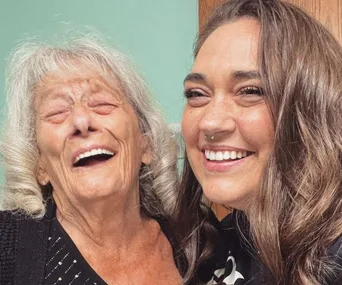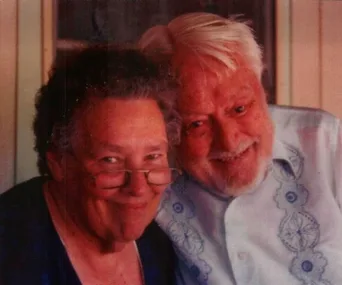- Jana Nelson had been suffering with early onset dementia symptoms for two years before she was diagnosed
- She now posts inspiring videos on TikTok to connect with others suffering early onset dementia and to spread the message that it’s okay not to be okay.
- Here, Jana, 53, shares her story with Take 5
Waking up, I winced in pain. It felt like a vice was tightening around my skull.
It was 2012, and I was supposed to be enjoying a day off from my retail job, but, as I slid out of bed, I was horrified to find I could barely move my legs.
What’s going on? I fretted to myself.
My husband and 10-year-old daughter weren’t home, and my son lived with his father, so I called my GP.
“Hello? Is anyone there?” the receptionist asked.
My splitting head wasn’t giving me the words to say.
“Something… wrong,” I finally uttered.
She urged me to go to hospital so I texted my husband to take me.
On my way, he immediately responded.
Shortly after, a neurologist assessed me.
“I’d say it’s a migraine,” he said unsympathetically.
I was given ibuprofen and sent home in a wheelchair with the expectation it would pass. It didn’t.
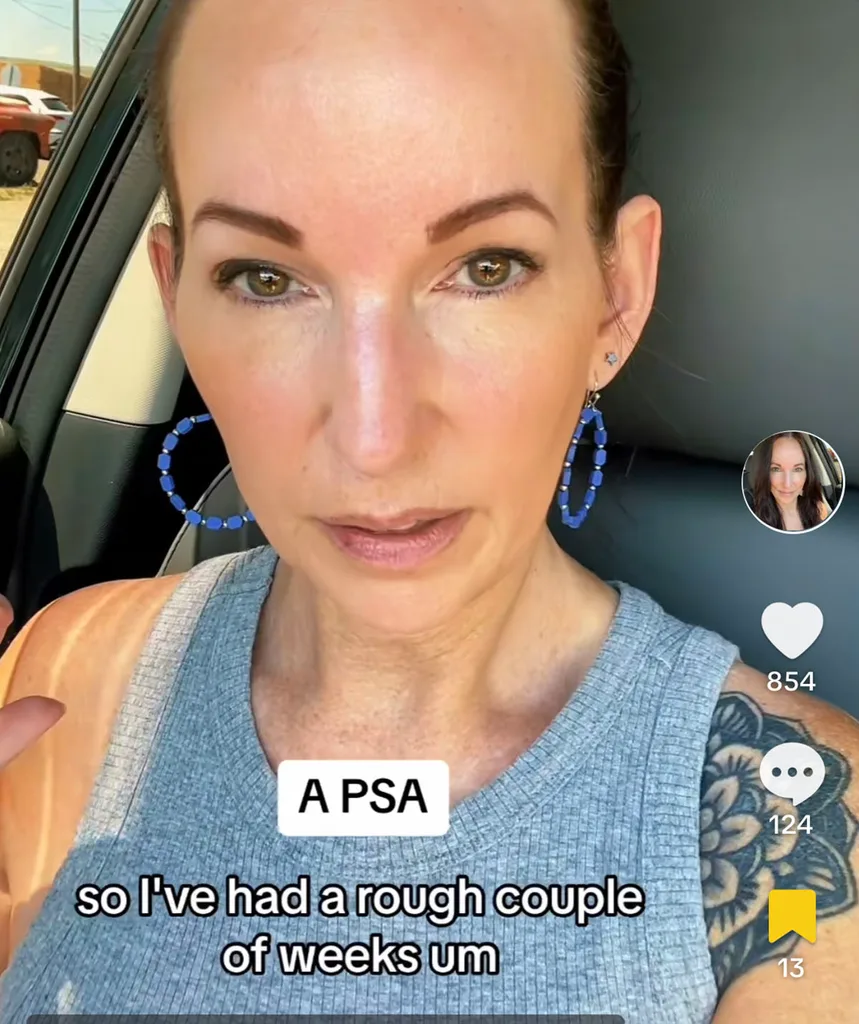
After weeks of compromised movement and speech, I was sent for occupational therapy but even that didn’t work.
I was devastated. I tried to carry on with life but I’d often end up falling and suffering concussions.
Sadly, my marriage ended under the pressure and my daughter and I had to move in with my parents, Jim and Faye.
Dad was already caring for Mum, who had many health issues including liver cirrhosis from excessive drinking when she was younger.
Now, he also had to help me around the house.
When my sister, Robin, visited me in 2013, she was shocked by my condition.
“I feel like I’m waiting to die,” I told her in tears.
“Jana, this has gone on long enough!” she stated.
With her persistence for answers, I was referred to the leading neurologist at a medical university.
Looking at my MRI results, he frowned. Then he measured the circumference of my head.
“You’re within days of dying,” he gasped.
I had hydrocephalus which meant swollen ventricles were pressing my brain against my skull.
He arranged emergency surgery for the following day, which allowed for the spinal fluid to flow, taking pressure off my brain.
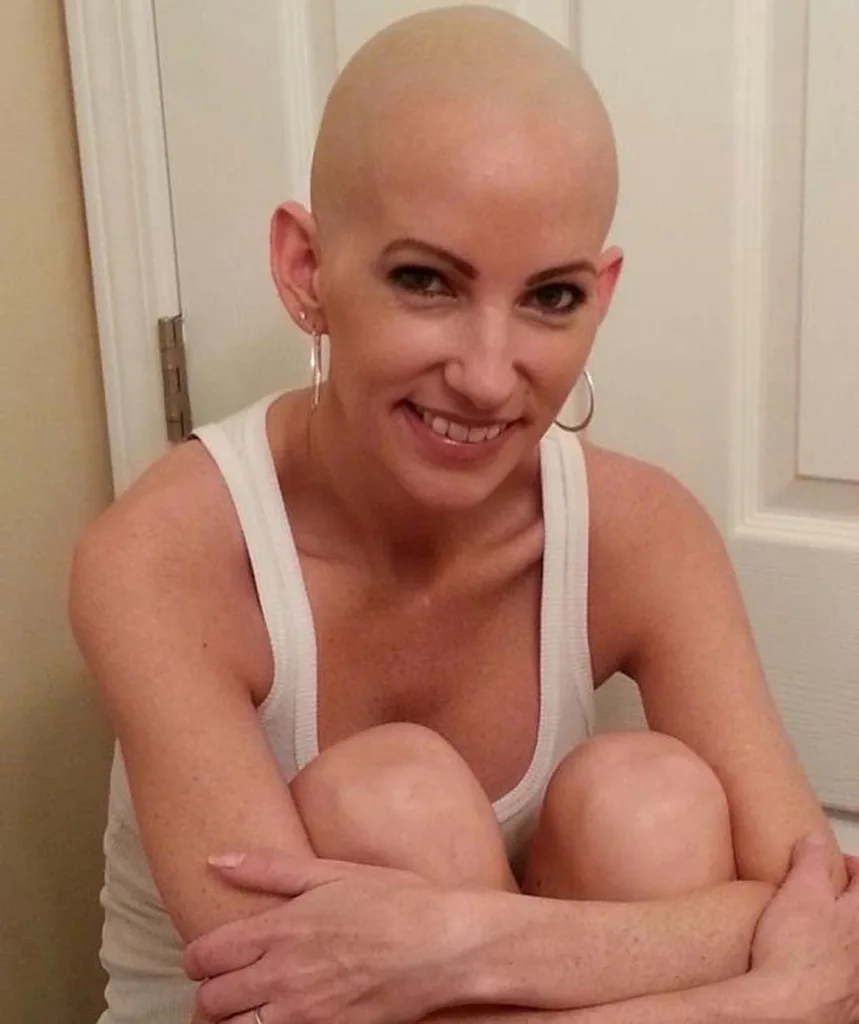
After the procedure, I could finally walk, talk and think clearly again!
I’ve got my life back, I thought, overjoyed.
But three months later, I struggled to walk again and this time, there was nothing doctors could do.
An occupational therapist helped me get back on my feet with a cane, but I’d never return to my old self.
Life became very dark until, in 2016, I reconnected with my old boyfriend, Kenny, on Facebook.
Kenny and I had broken up when I was 14, but I’d never forgotten him.
He eventually revealed he was a single father with a son, Aiden, five, and an adult daughter who lived in another state.
Thankfully, he wasn’t put off by my condition, and before long, Kenny and I rekindled our relationship.
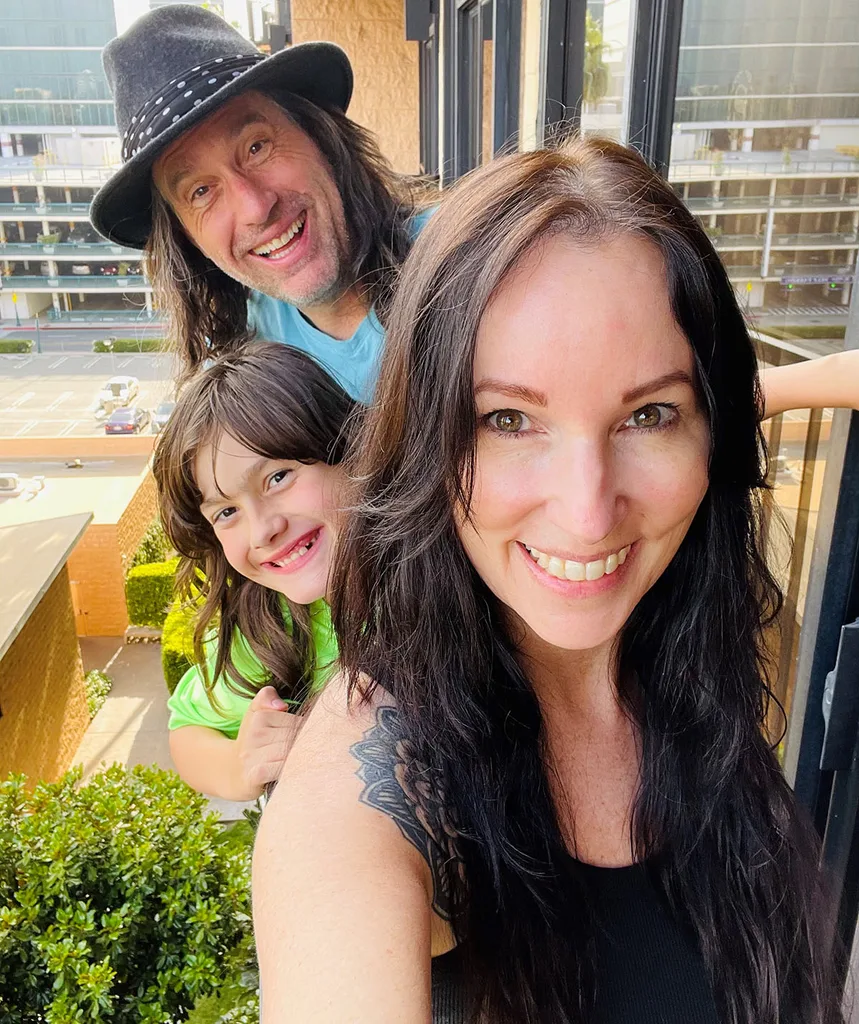
He’d come around to watch movies and eat pizza with me and my daughter, and his bright outlook started rubbing off on me.
We married in 2018 and flew over to London for our honeymoon.
Arriving at Heathrow airport, Kenny headed off to the bathroom.
Where am I? I suddenly fretted, clutching my cane.
Not recognising my surroundings or the strangers rushing by, I became paralysed with fear.
Kenny returned and calmed me down, but I knew that something wasn’t right.
Early onset dementia
It was two years before a neuropsychologist could see me, then she delivered a devastating blow.
“You have dementia,” she said after conducting tests.
I was just 49 years old.
“That and the hydrocephalus were caused by foetal alcohol syndrome,” she continued.
With the concussions I’d suffered, it had created the perfect storm.
By then, Mum had passed away, but I was furious her choices had taken so much from me.
In time, a counsellor helped me understand that Mum had been battling her own demons and I forgave her, but it didn’t change the fact I was losing myself.
“If I could take this from you and give it to myself, I would,” Kenny told me.
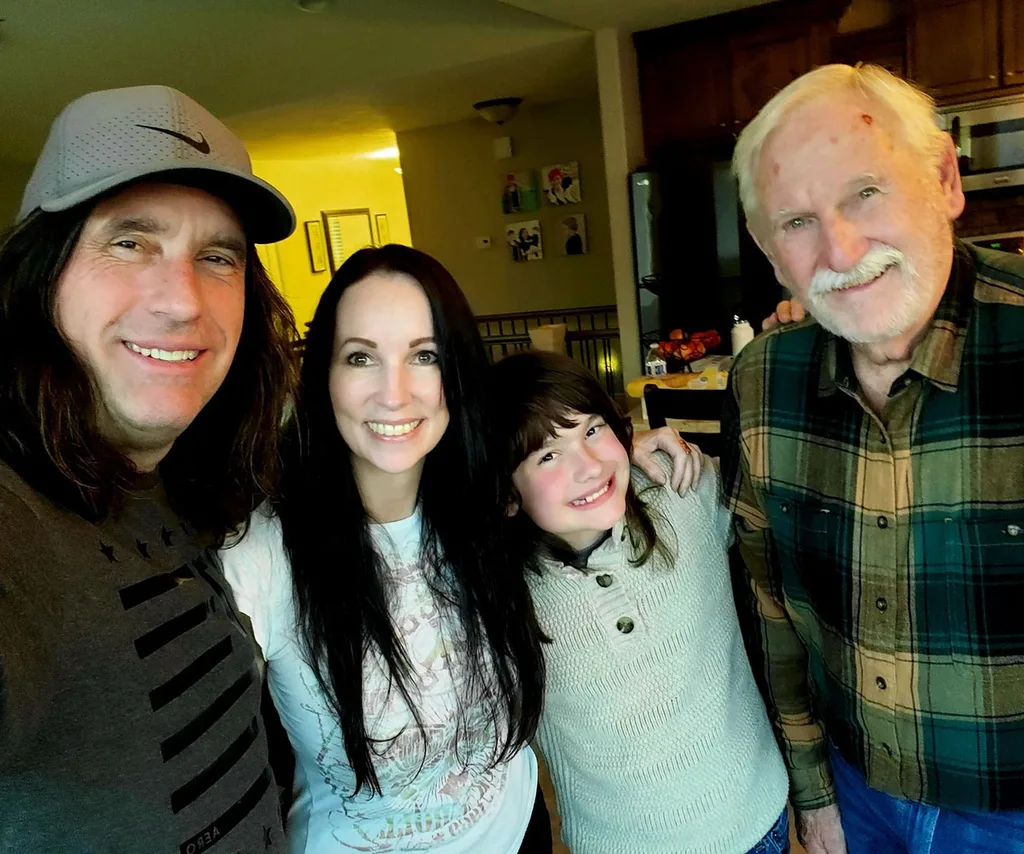
In 2021, I began posting videos about my life with early onset dementia on TikTok in the hope of connecting with other early sufferers.
I shared how difficult it could be to tie my shoelaces or process a text message, and how I’d forget to take my medication or let my dog, Emma, out.
They got thousands of views. People wanted to hear about this.
Within two years, I gained over 89,000 followers and connected with many others who were suffering early onset dementia.
You’ve given me the courage to start sharing my journey, one wrote.
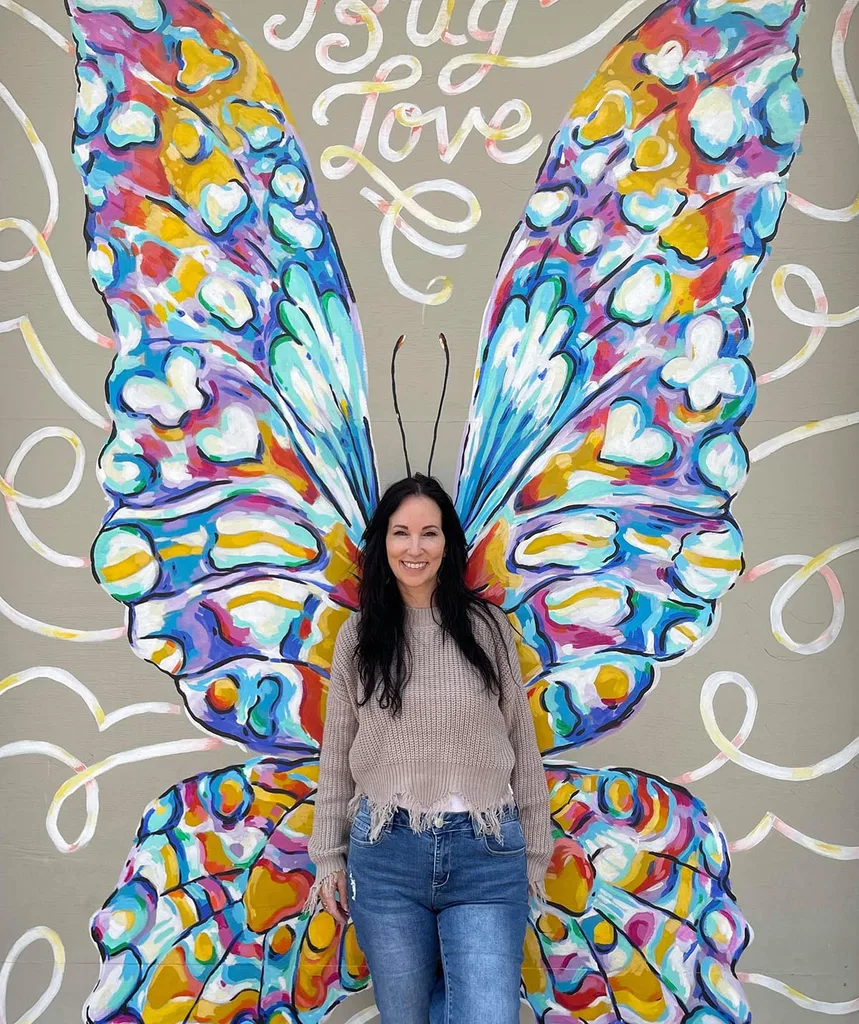
The prognosis for me is uncertain, but I’m rapidly declining. It terrifies me that one day I’ll forget my family entirely.
I can’t stop the degenerating effects of dementia, but I’m spreading the message that it’s okay not to be okay.
My dad had a saying that I now live by; “every day on this side of the grass is a good one”.
Follow Jana on TikTok and Instagram.
What are the symptoms of early onset dementia?
The signs of early onset dementia may not be immediately obvious. Signs and symptoms of dementia can include:
- Forgetting things or recent events
- Losing or misplacing items
- Confusion
- Getting lost when walking or driving
- Personality of behaviour changes
- Loss of ability to do everyday tasks
How long do people with early onset dementia live?
- The type of dementia a person has can affect how long they live with dementia, so the life expectancy varies.
- Someone diagnosed with Alzheimer’s disease, the most common type of dementia, can live for around eight to 10 years.
- Life expectancy is less if the person is diagnosed in their 80s or 90s.

